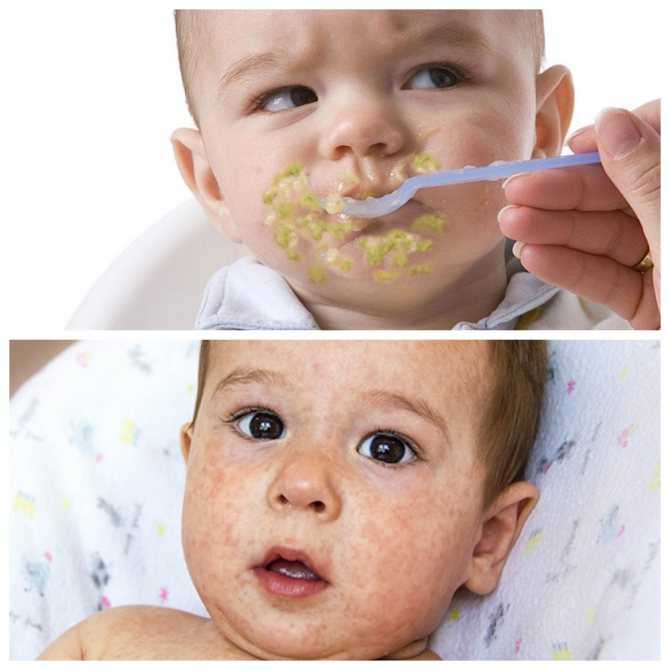Weaning baby from night feeds
How and when to wean your baby off of night feedings
Wondering when to wean your baby off the bottle or breast at night? Most babies can make it through the night without eating when they're 6 months old. You may be able to start night weaning your baby when they're 4 months old, or you may choose to wait until later. The key is to ensure your baby is getting plenty to eat during the day and right before bedtime. You can then gradually cut back on the amount of breast milk or formula and the number of times you feed your baby at night.
Can you hardly wait for your baby to sleep through the night? Fortunately, that milestone may be closer than you think. Many babies are able to sleep for at least six hours at a stretch when they're 3 months old, or weigh 12 to 13 pounds. However, some babies take longer: Roughly one quarter aren't sleeping six hours overnight by the time they hit their first birthday.
Babies wake during the night for many reasons, but notably because they're hungry. In the early months, babies need to eat every few hours, including through the night. Gradually, however, babies need to eat less and less at night – until by 6 months of age (possibly sooner or later), your baby may quit nighttime feedings and go up to 12 hours without waking to eat.
Sometimes babies self-wean from night feedings with no help from you – they'll just sleep through the night suddenly and never look back. But sometimes you have to nudge them, especially if they're down to one nighttime feeding they just aren't dropping.
Night weaning your baby means ensuring they get enough to eat during the day so they don't need to wake at night to eat. Here's how to get started.
When will my baby be ready for night weaning?
This varies, but somewhere between the ages of 4 and 6 months, most babies get enough calories during the day to sustain them for five or six hours at night.
It's not unusual for younger babies to sleep for much longer stretches without needing to eat – or for older ones to continue waking up to eat.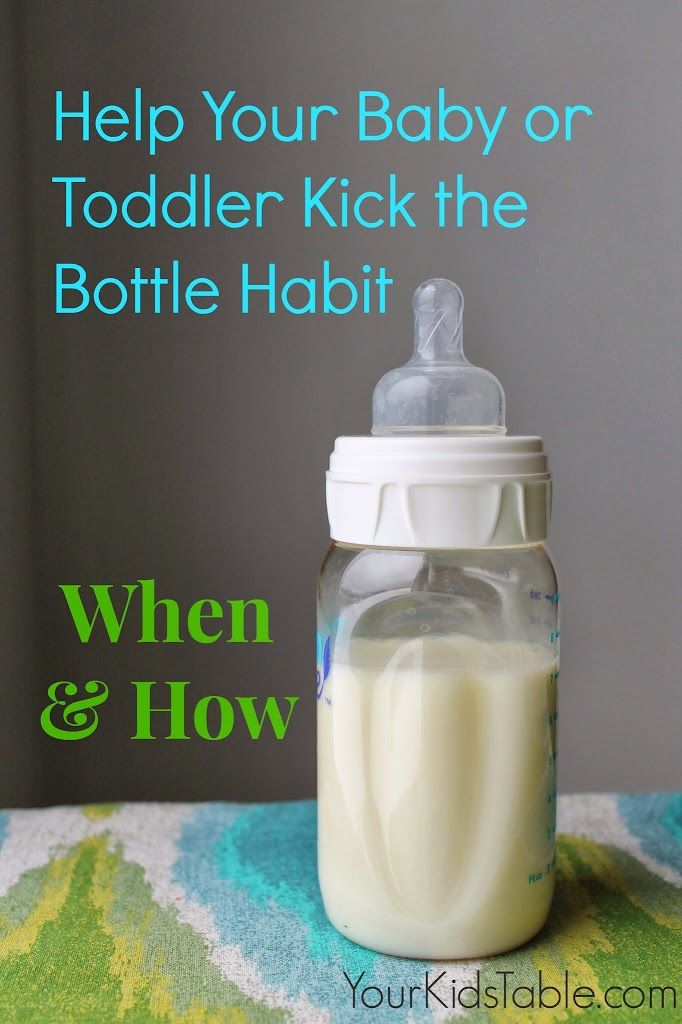 Even if your baby doesn't need to eat in the middle of the night, they may still wake up wanting to. Babies who are used to eating several times a night tend to wake up out of habit, and it can take time to change this routine.
Even if your baby doesn't need to eat in the middle of the night, they may still wake up wanting to. Babies who are used to eating several times a night tend to wake up out of habit, and it can take time to change this routine.
If you've recently gone back to work and are less available during the day, your baby may want to nurse or take a bottle at night as a way of reconnecting with you. And you may notice that your baby wakes up more often when they're teething, if they catch a cold, or when they're mastering a developmental milestone.
For all these reasons, it's helpful to approach the weaning process gradually and gently. Keep in mind that your baby is still young and has a tremendous need for comfort, closeness, and reassurance – particularly from you.
Should I start night weaning my baby?
Many experts recommend night weaning around the time babies are 6 months old, because at that point most babies don't physically need to eat at night.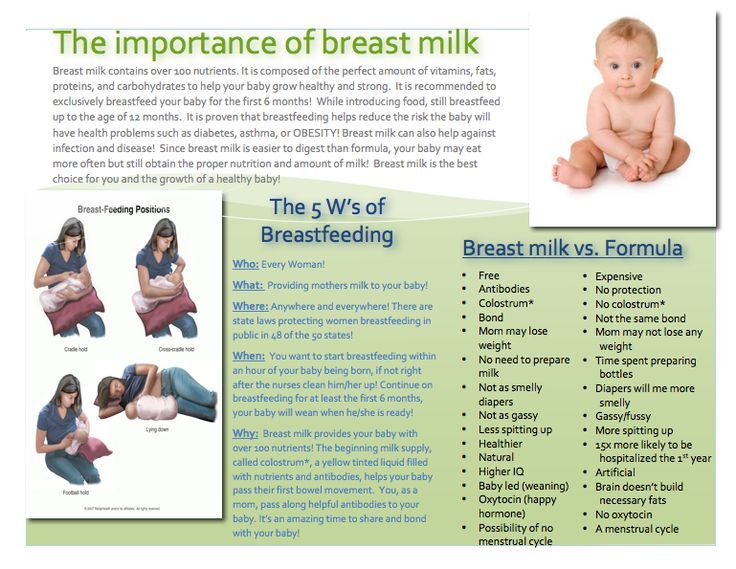 At this age, most babies wake to eat out of habit. And if you do wait to night wean your baby when they're older, know that it can be more challenging to wean a toddler off of night feedings. But the timeline isn't set in stone: You can start trying to get your baby to sleep longer stretches between feedings as early as 4 months of age, or much later than 6 months old.
At this age, most babies wake to eat out of habit. And if you do wait to night wean your baby when they're older, know that it can be more challenging to wean a toddler off of night feedings. But the timeline isn't set in stone: You can start trying to get your baby to sleep longer stretches between feedings as early as 4 months of age, or much later than 6 months old.
Advertisement | page continues below
Ultimately, it's your choice whether to night wean or not. It's hard to maintain your own health and well-being if you're chronically sleep deprived. The decision to end your baby's night feedings depends in part on how they're affecting you.
If you enjoy nursing or giving a bottle to your baby at night, you can continue until your baby eventually quits on their own. On the other hand, if you find yourself feeling grumpy and exhausted, it may be time.
Keep in mind that your baby's sleep and nutritional needs may vary if they aren't gaining weight as expected or if they were born prematurely. If you're not sure whether your baby's ready for night weaning, talk to your child's doctor. The doctor can help you sort through any issues and help you make your decision based on how your baby's growing.
If you're not sure whether your baby's ready for night weaning, talk to your child's doctor. The doctor can help you sort through any issues and help you make your decision based on how your baby's growing.
How to wean your baby off of night feedings
Once your baby is ready to give up night feedings, try the following techniques:
- Make sure your baby gets plenty to eat throughout the day. As your baby grows and becomes more active, they may not want to stop to nurse or take a bottle during the day, and they may try to make up for it at night. To make sure they get enough to eat, take scheduled breaks during the day for a quiet bottle or nursing session in a place with no distractions. (If you're not sure that your child is eating enough, check their growth by having them weighed at the doctor's office.)
- Start the night weaning process slowly and gradually. Nurse your baby for a shorter period of time on each breast or give them a smaller amount of breast milk or formula in their bottle when they wake at night.
 Try to prolong the intervals between feedings by patting and comforting your baby back to sleep.
Try to prolong the intervals between feedings by patting and comforting your baby back to sleep. - Offer extra feedings in the evening. If your baby goes to bed with a full tummy, they're less likely to wake up hungry in the middle of the night.
- Give a "dream feed." After your baby's already asleep – say at 11 p.m. or so – you may want to wake your baby for a final feeding before you go to bed yourself.
- Avoid night weaning during times of transition. For example, wait if you're just about to return to work or take a family vacation. If you've recently become less available during the day, make sure to give your baby extra cuddle time when you're together, so they'll feel more connected and be less likely to seek comfort in the middle of the night.
- Gradually eliminate feedings, one at a time. Gently soothe and comfort your baby when they wake up, and explain that it's time to sleep, not eat.

- Keep any feedings you do at night short and sweet. That way your baby won't wake to eat just because they've come to expect late-night cuddles.
- Consider sleep training. If your baby seems to eat plenty during the day but still wakes at night, it may not be because they're hungry but because they're used to it. At this point, you may want to consider baby sleep training to help your little one learn to self-soothe back to sleep.
For more help night weaning your baby from a pediatric sleep physician, check out our course, Baby Sleep 101Opens a new window.
Night weaning if you're breastfeeding
Suddenly stopping the frequency of your nighttime nursing sessions can lead to painful engorgement and increased likelihood of developing an infection known as mastitis. That's one more reason it's good to start slow and drop one feeding at a time, so your breasts can get used to your new routine more easily. In the meantime, you may find that you initially need to wake up and pump breast milk during the night to relieve engorgement.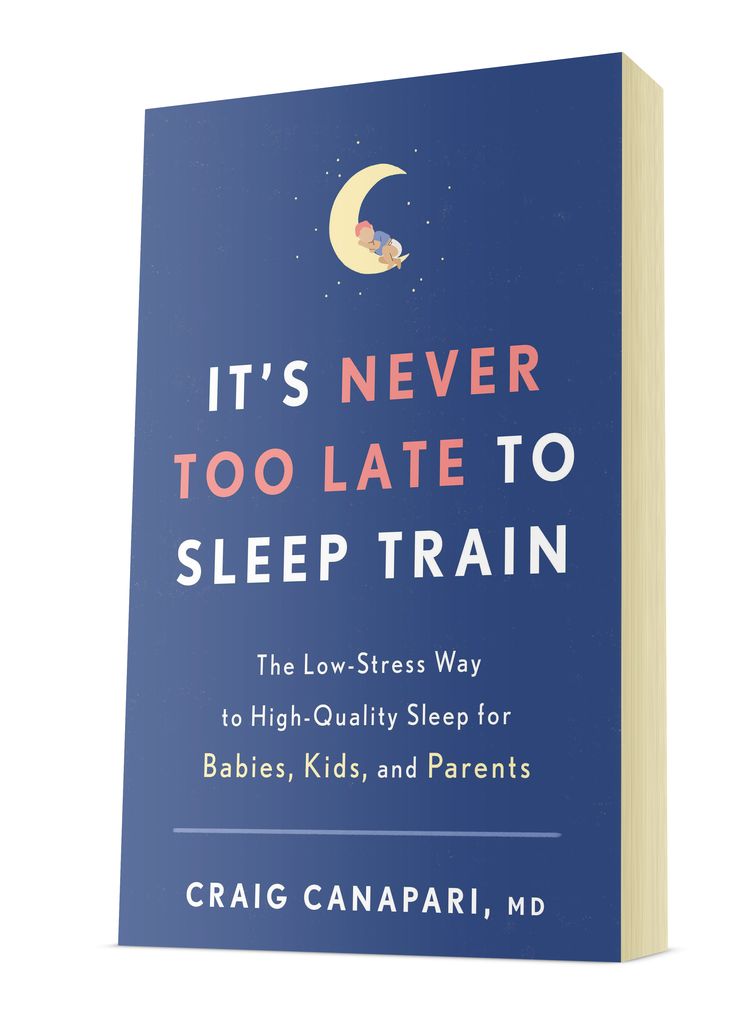
A key to night weaning your baby is making sure they're getting enough to eat during the day. You may find that you need to pump after one or more feedings during the day, then save the additional milk for an extra feeding in the evening. This can help boost your milk supply as well as ensure that your baby fills up before bedtime. As always, you'll know your baby is getting enough to eat if they're gaining weight as expected and having at least six wet diapers during the day.
Once your baby is around 6 months old, they'll start solids. Breast milk will still be your baby's main source of nutrition, although you may find that they need to breastfeed less as they gradually eat more solid foods.
Night weaning if you're formula feeding
If you're bottle-feeding and ready to night wean your baby, make sure they get enough to eat during the day. By 6 months of age, formula-fed babies need to eat between 6 to 8 ounces (or 180 to 240 mL) per bottle, four to five times every 24 hours.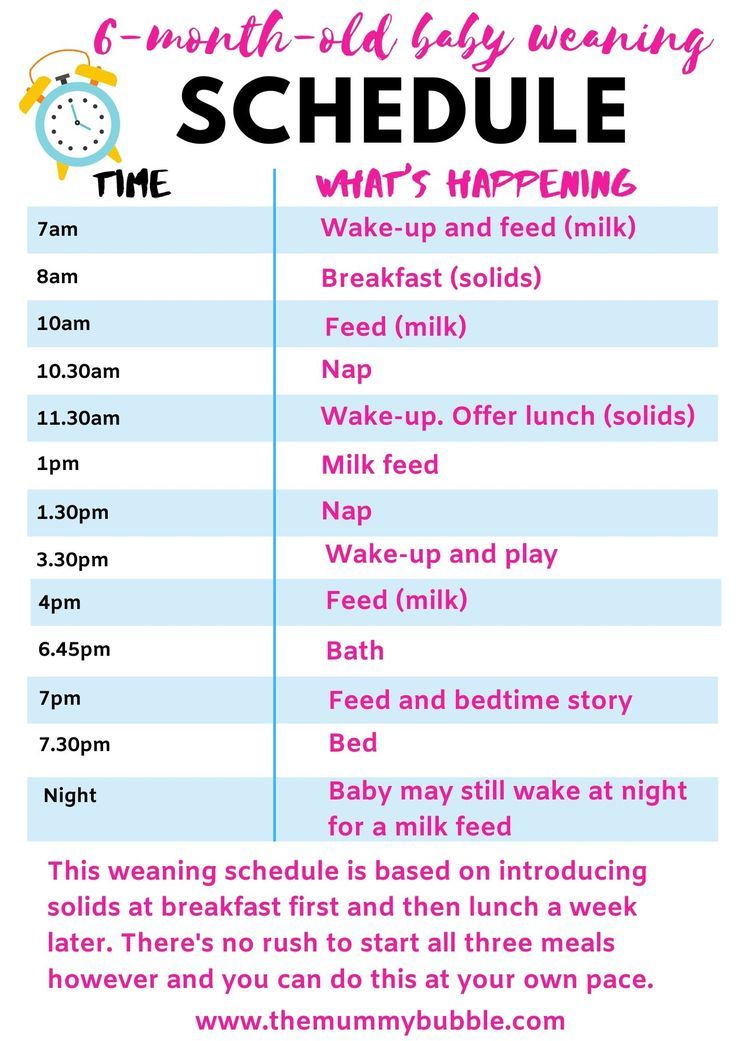
Once your baby starts solids, formula will still be their main source of nutrition. But with time, solid foods will cover more of your baby's nutritional needs – and you'll eventually start giving your baby fewer bottles with slightly more formula in each. The bedtime bottle is usually the last to go, and even once you wean your child off it, you may want to give them a bedtime snack or a cup of milk to help them make it through the night without getting hungry.
Learn more:
- Baby sleep 101 virtual courseOpens a new window
Was this article helpful?
Yes
No
How to Wean Night Feedings – Happiest Baby
By Dr. Harvey Karp, MD, FAAP
Weaning Night Feeds
Getting your baby to eat a bit more in the day and a little less at night can start when your baby is as young as 1-month-old. It's essential, of course, to ensure your baby is getting enough nourishment. If you have plenty of milk (discuss with your doctor/lactation consultant before using these tips), and your baby is gaining steadily, you can begin weaning night feeds and help your baby sleep a little longer at night with some swaddling, white noise…or with SNOO.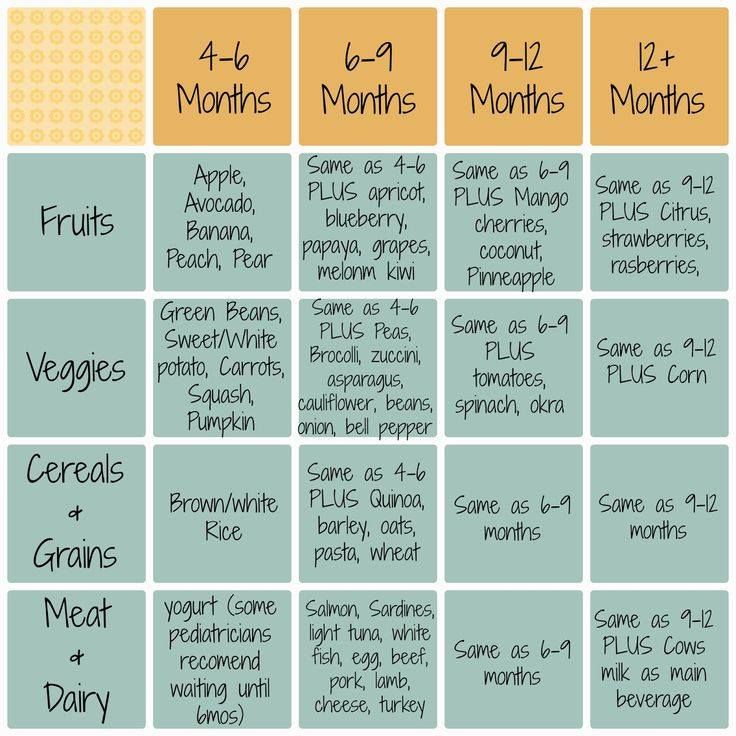
When Should I Wean My Baby Off Night Feedings?
When babies should be weaned from night feeds depends on whether they’re bottle-fed or breastfed. Babies that are bottle-fed can be weaned from night feedings at around 6 months of age, whereas breastfed babies may take up to a year to be weaned from night feedings.
Do Babies Naturally Drop Night Feeds?
It is natural for babies to drop night feeds on their own. This is because your baby will be able to last longer without food. You can start to prep your baby to drop night weaning by gradually giving him less time on the breast each night. Below you’ll find detailed tips for weaning your baby from night feedings.
How to Wean Night Feedings
For the first month: If your baby sleeps 4 to 5 hours at night, wake him and feed him to make sure he gets enough milk. I also suggest you use the wake and sleep technique for all naps/nights. It's a gentle and gradual way that teaches your baby to self-soothe and builds her confidence over time that she can put herself back to sleep when she wakes.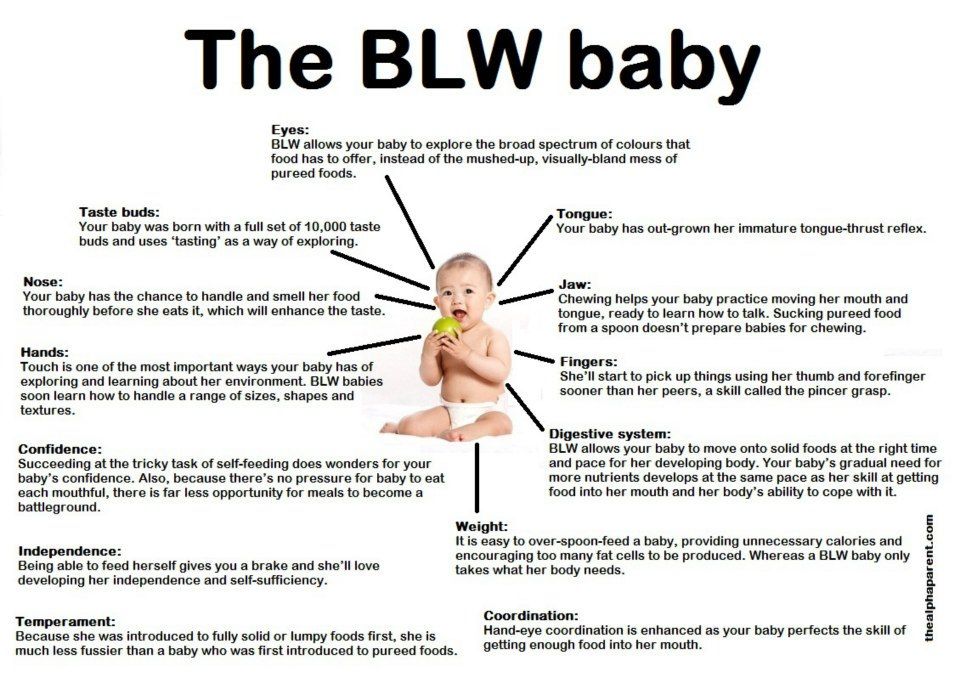 This is essential as you begin to drop night feeds.
This is essential as you begin to drop night feeds.
For the next two months: Let your little one sleep longer (maybe up to 6 hours or so) before you wake and feed. Pump a few ounces if your breasts feel too full. Consider waking your baby up for a midnight dream feed. I like to think of this as topping off the tank. It should give your baby more "fuel" so they can sleep a longer stretch on their overnight journey.
I highly recommend you use swaddling and strong rumbly white noise—or SNOO—to improve sleep. With each of these, you'll reduce night waking and help your baby tune out disruptions, both external and internal, that might irritate your baby at night. Some parents worry that their baby will sleep too deeply and go hungry, but those concerns are unfounded. Rest assured, if your baby needs to eat, she will definitely wake!
After 4 months: You can boost daytime calories by offering extra feedings and reducing mealtime distractions.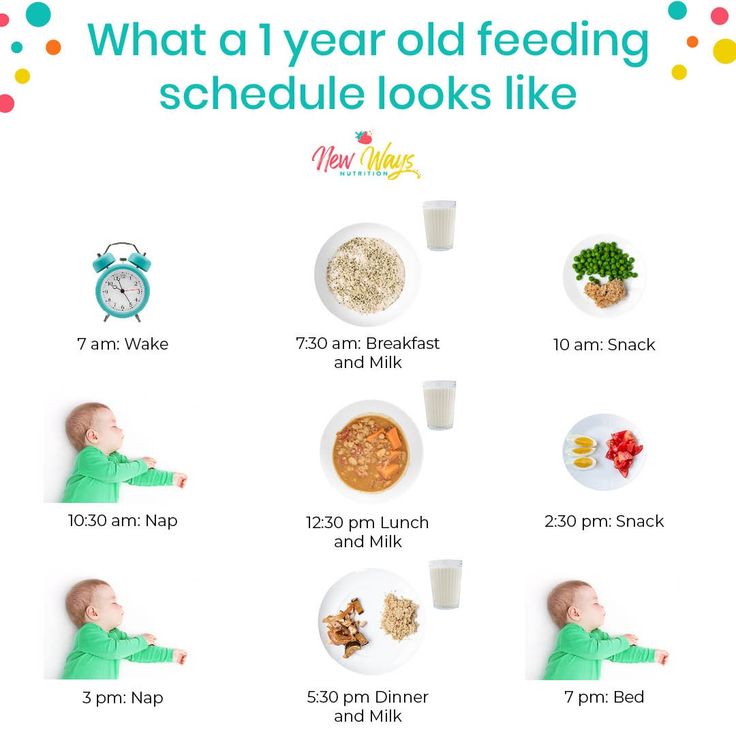 And, continue to wake your baby up for a midnight dream feed.
And, continue to wake your baby up for a midnight dream feed.
Final Thoughts on How to Wean Night Feedings
Once you’ve successfully figured out how to wean your baby from night feedings, you may find it easier to get the ZZZ’s that you need to feel well-rested, too! For more tips on breastfeeding, check out:
- What To Do if Breastfeeding Is Hard
- Breastfeeding Tips for Better Sleep
- 411 on Breastmilk
About Dr. Harvey Karp
Dr. Harvey Karp, one of America’s most trusted pediatricians, is the founder of Happiest Baby and the inventor of the groundbreaking SNOO Smart Sleeper. After years of treating patients in Los Angeles, Dr. Karp vaulted to global prominence with the release of the bestselling Happiest Baby on the Block and Happiest Toddler on the Block. His celebrated books and videos have since become standard pediatric practice, translated into more than 20 languages and have helped millions of parents. Dr. Karp’s landmark methods, including the 5 S’s for soothing babies, guide parents to understand and nurture their children and relieve stressful issues, like new-parent exhaustion, infant crying, and toddler tantrums.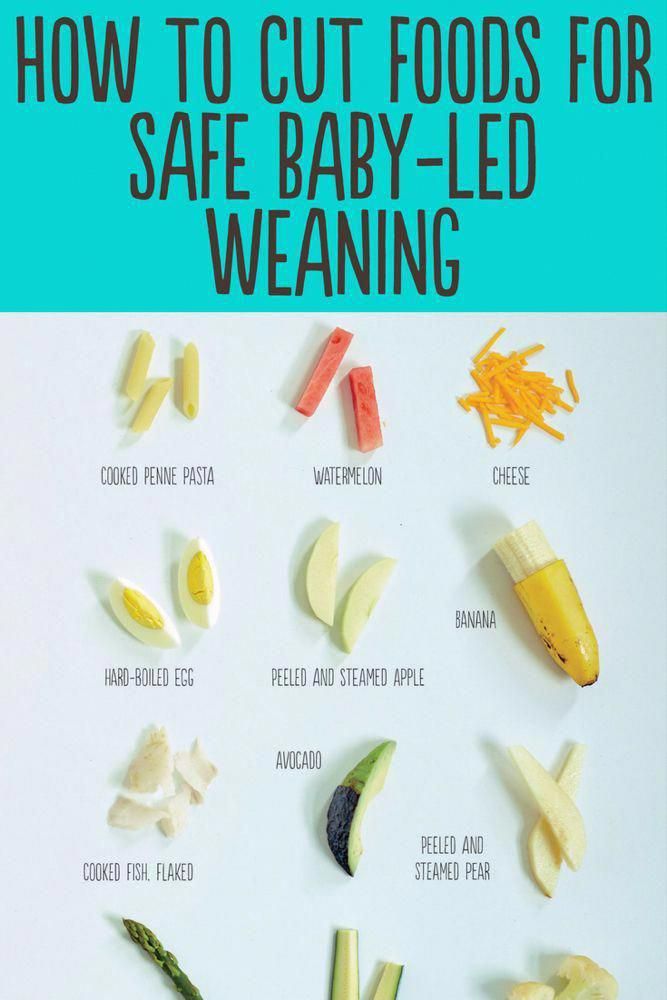
View more posts tagged, sleep
Have questions about a Happiest Baby product? Our consultants would be happy to help! Connect with us at [email protected].
Disclaimer: The information on our site is NOT medical advice for any specific person or condition. It is only meant as general information. If you have any medical questions and concerns about your child or yourself, please contact your health provider.
How to wean a child from night feeding
November 13, 2021 Likbez Life
There are times when this is not worth doing.
Is it necessary to wean from night feeding at all? For example, American pediatrician Richard Ferber, founder of the Center for Children's Sleep Disorders at the Children's Hospital in Boston and author of the bestselling book Child's Sleep. The solution to all problems, ”warns: if the baby no longer needs nightly food, the habit of feeding him at night can cause sleep disturbances.

The connection is simple: when a child eats, the digestive tract begins to work actively. This means that after eating and falling asleep, the baby will quickly wake up due to an overflowing diaper or discomfort in the stomach. To calm down, the baby will eat again, and the situation will repeat itself. If you do not break this vicious circle and do not stop night feedings, the opportunity to sleep for both parents and the baby will not be presented for a long time.
On the other hand, renowned pediatrician William Sears, author of Your Baby From Birth to Two Years, How to Put Your Baby to Sleep, and others, urges parents not to rush to give up nighttime feedings. Unless, of course, it exhausts the whole family. According to Sears, night feeding helps the baby feel safe and strengthens the bond between him and his parents.
When you should not stop feeding at night
Experts from the American medical resources HealthLine and BabyCenter list situations when you should definitely not stop feeding at night, so as not to cause unnecessary stress to the baby.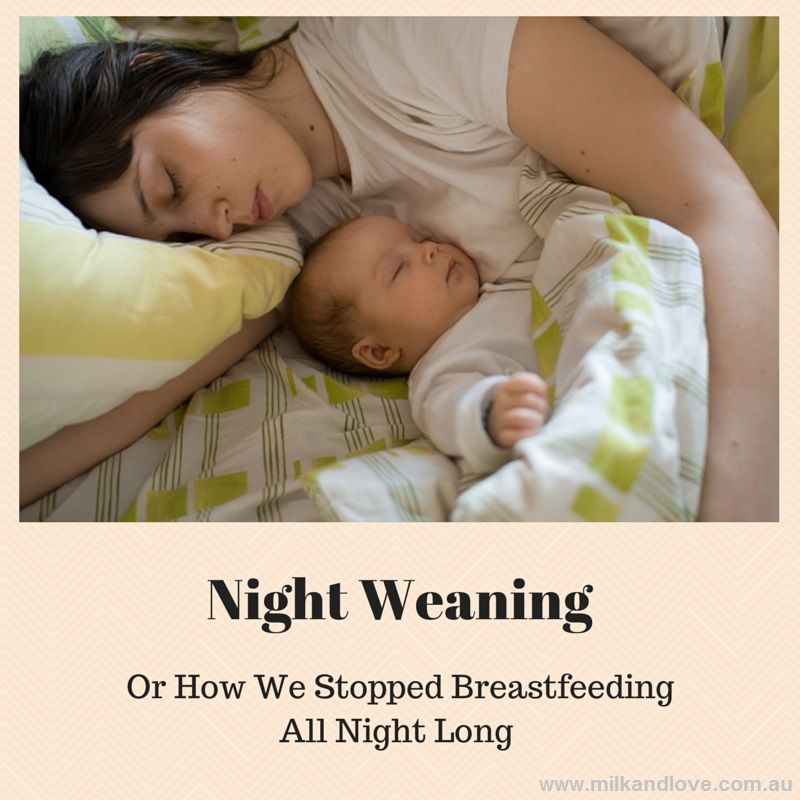
- The child is sick or teething.
- The baby is not gaining weight well.
- The baby is experiencing a growth or development spurt. For example, learns to roll over, sit, or rapidly stretches.
- The mother recently went to work and the baby sees less of her during the day. In this case, he may ask for a breast or a bottle more often than usual in order to feel connected to his mother again.
At what age can you start weaning from night feeding
Preferably no earlier than six months. Until this age, babies are fed almost exclusively on breast milk or formula. Although these are high-calorie foods, the stomach is still too small to stock up on them, and the feeling of hunger quickly returns.
According to experts, breastfed babies need to eat 8 to 12 times a day. On artificial - from 6 to 10 times. Thus, the average child under the age of six months will feel hungry every 2-4 hours. Including at night. So night feeding is inevitable.
At about six months, the situation changes: the stomach enlarges, and solid food appears in the diet. Cereals and vegetable purees take longer to digest, and satiety periods become longer.
Therefore, by the age of six months, two out of three babies are able to sleep through the night and not wake up from hunger. For some children, this happens a little earlier, starting at three months or when they reach a weight of about 5.5 kg. For others, interrupted nighttime sleep lasts up to a year, and sometimes longer. But six months is a good benchmark for parents to finally think about the opportunity to get enough sleep.
How to Wean Your Baby From Night Feeding
Here's a strategy to make it as comfortable as possible.
1. Be patient and be prepared to take it step by step
Slowly reduce the duration of your nightly feedings, each time taking the breast a little earlier. Or, if you are formula feeding, reduce the amount of formula in the bottle.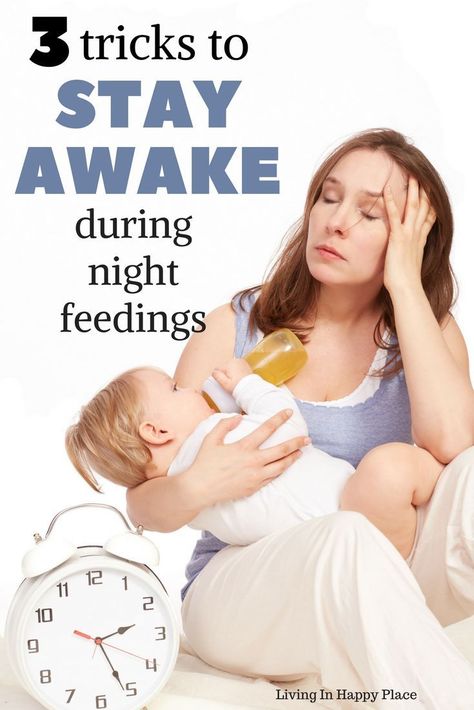 And to make the baby fall asleep easier, stroke him, sing a lullaby or shake him.
And to make the baby fall asleep easier, stroke him, sing a lullaby or shake him.
2. Make sure your child gets enough food throughout the day
Growing babies are active and curious. Sometimes, having played too much, they may refuse to eat. If this happens several times a day, at night the baby will try to replenish the calorie stores, again and again demanding a breast or a bottle.
Therefore, make sure that the baby eats during the day. At least once every 3-4 hours, take breaks from games or walks, turn off cartoons or music, put away toys and invite your child to rest in your arms, relax and have a thoughtful snack.
If you are following this recommendation, but you are not sure that your child is getting enough food, keep track of his height and weight: they should be within the limits of age. Your pediatrician will tell you about them. Height and weight above or below the norm indicate that you need to adjust the number of calories.
3.
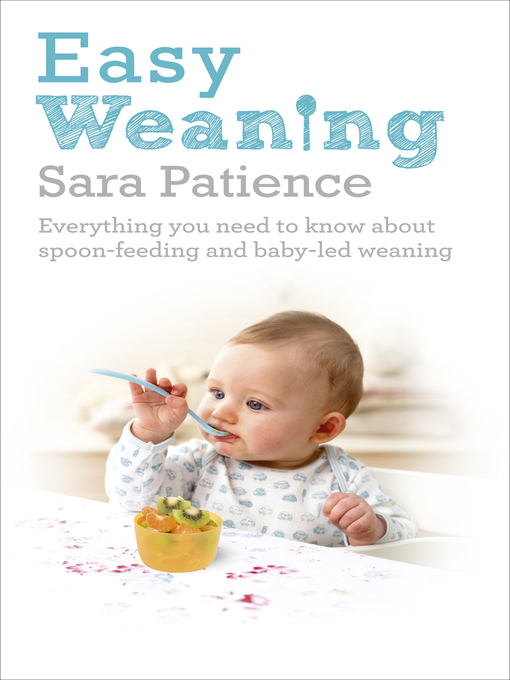 Plan your bedtime
Plan your bedtime Without food, an infant older than six months can sleep up to 8 consecutive hours on average. This means that if he falls asleep at 20:00, he will inevitably get hungry by a maximum of four in the morning. Plan your daily routine in such a way that the child goes to bed (and, accordingly, wakes up) at a convenient time for you.
4. Delegate nighttime feeding or motion sickness to dad or another family member
It happens that a baby asks for a breast or a bottle just to smell the mother. Try to break the link "I eat - it means my mother is near."
The easiest way to do this is with the help of dad or another close relative: let someone else, and not mom, take care of the baby at night for a while - offer a bottle, shake, stroke. Pretty soon the child will get used to the fact that food is not connected with the mother.
5. Be prepared to take a step back
Babies usually adapt quickly to new environments. They may cry for a night or two (you have to pet and lull them to sleep) and then get used to being without a breast or a bottle.
But if the baby cries inconsolably for several nights in a row, stop the experiment. Your child may not have matured enough yet. Bring back the night feeds, and then try giving them up again in a couple of weeks.
Read also 🤱👶
- How to potty train a child
- When a child begins to hold his head and how to help him
- When a child begins to walk and how to help him
- How much sleep the baby should have
Weaning at night
Weaning from night feeds and uninterrupted sleep throughout the night is the dream of many new parents. However, kids have completely different plans in this regard. Many of them continue to wake up to eat or drink, even at 3 years old. We understand why this happens and whether it is possible to wean a child to eat at night.
Why night feedings are needed
Night feedings are not a whim, but a necessity for the normal development of the baby. First of all, they are needed by the child, and then by the mother.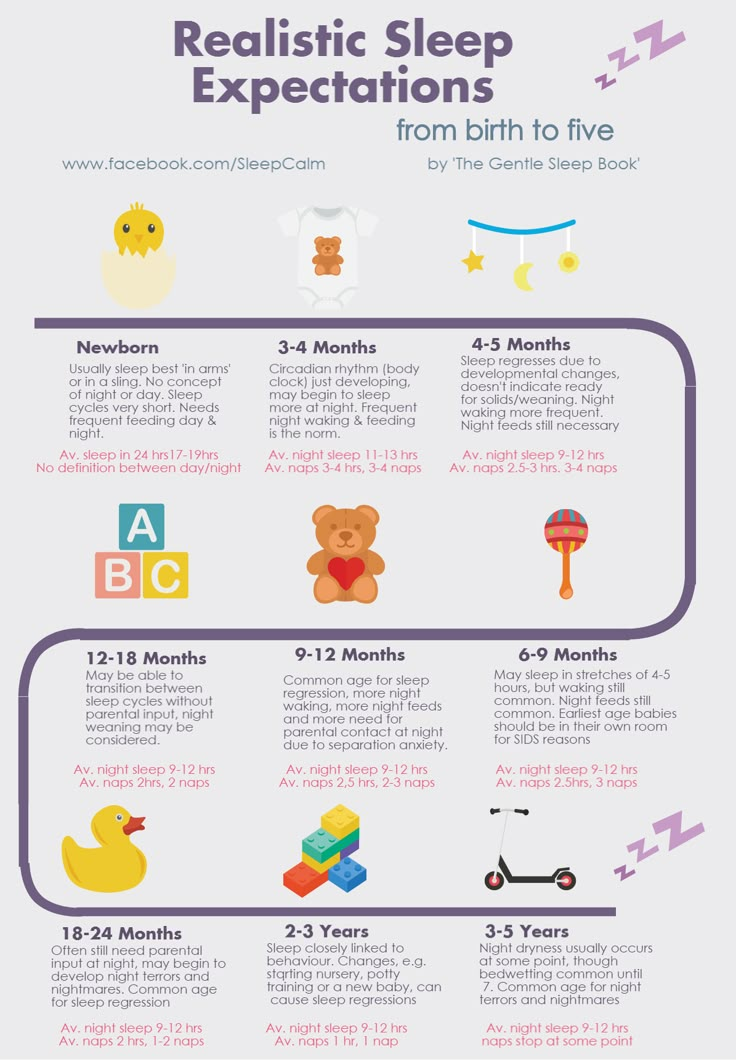 The main reasons why a child needs to wake up at night include the following:
The main reasons why a child needs to wake up at night include the following:
- physiological immaturity. Compared to adults, children's metabolism is very fast. This is due to the active growth and development of the baby. In addition, both formula and breast milk are absorbed very quickly - on average, in 2-4 hours.
- Features of lactation. The amount of milk in the mother is regulated precisely by feeding at night, since the hormone prolactin is actively produced at this time of day. If a woman wants to breastfeed a baby, at least one nightly application is necessary.
- evolutionary mechanisms. According to one hypothesis, night waking is an evolutionary mechanism that protects the baby from sudden infant death syndrome.
- Compensatory. If the mother removes daytime feeds, the baby may begin to wake up more often at night to compensate for the lack of daytime feedings. This is more relevant for children on breastfeeding one year old and older.
If night waking does not cause inconvenience to mother and baby, then there is no need to specially clean them. You can wait until the baby's nervous system matures and he refuses such feedings on his own.
� When the baby is ready to leave night feeds
The ability to sleep through the night without waking up for a night snack develops as the baby's nervous and digestive systems mature. Attempts to reduce nighttime feedings before this point can end in failure, exhaust the mother and cause sleepless nights for the whole family.
The following terms are considered physiological:
| Type of feeding | When do night feeds end? |
| breast | A breastfed infant stops eating at night around 18–24 months of age. |
| mixed | Depends on what kind of food (formula or breast milk) prevails in the baby's diet. |
| artificial | Formula is considered a heavier product, so formula-fed babies may refuse to eat at night as early as 9-12 months. |
Some babies, whether breastfed or formula-fed or mixed-fed, may start sleeping without waking up for nighttime feeds as early as 6 months. If the mother has enough milk, and the baby is gaining weight normally, you do not need to specifically wake the baby to feed him.
Important! Night feedings are the key to successful lactation. If the baby of the first months of life does not wake up at night, you need to offer the breast to a sleepy baby. This stimulates the production of milk and will help to avoid problems with its quantity.
How to stop feeding your baby at night on EW
It is much easier to remove night feedings from a baby on artificial feeding than on breastfeeding. This is due to the fact that a baby on IV immediately gets used to the schedule, and with a greater nutritional value of the mixture, and less difficulty with its replacement. On average, babies who eat formula wake up only 2-3 times per night, so it will not be difficult to refuse such a number of feedings.
However, weaning from nighttime eating should begin no earlier than 6 months. By this age, the brain of children in general is ready to sleep without awakening from 6 to 8 hours. What can be done to reduce the number of feedings?
- If the mother practices co-sleeping, you should not combine moving the child to the crib and accustoming to uninterrupted sleep at night. It is better to reduce the number of wakings first, and then move the baby to your bed.
- If the baby has entered a clear mode, you can gradually increase the intervals between night feedings. You can move them no more than half an hour at a time.
- When the baby asks for food at night, offer him water first and only then formula. Perhaps he wakes up from thirst, not from hunger. This approach will help increase the intervals between feedings.
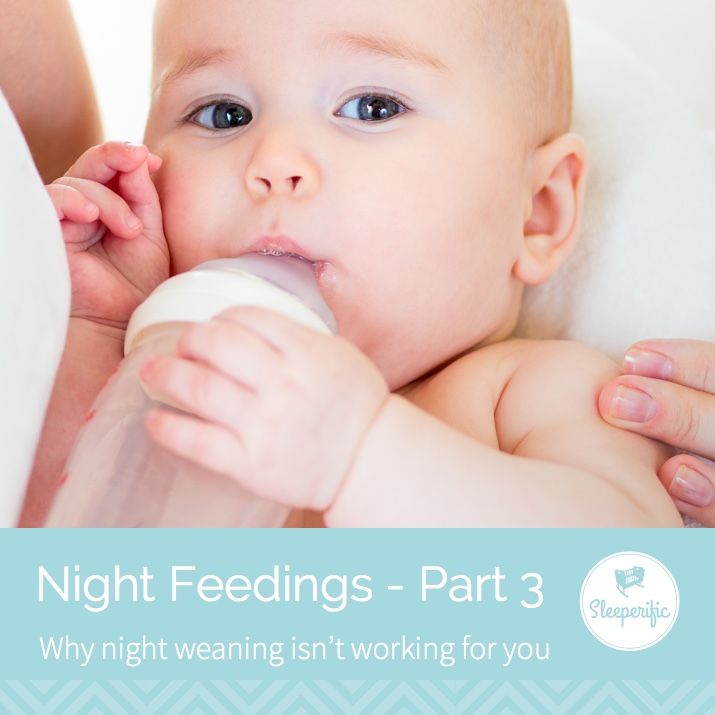
- After a year, a hearty dinner helps to improve sleep. Feed your baby porridge or porridge with meat 2-3 hours before bedtime. Such food is digested for a long time and will help the baby sleep better.
It is important to remember that the reduction in feeding should not be accompanied by tears and tantrums of the baby. Restless night sleep and discomfort will cause the baby to wake up more often.
Weaning from night feeds should not be a problem for the baby and other family members. Our doctors will remotely advise on the features of children's sleep and help you choose the right moment for weaning from night feedings.
How to remove night feedings with breastfeeding
The regimen of children who are exclusively breastfed is different from the regimen of children who are fully or partially artificially fed. For children on IV, night feedings, rather, are a consequence of the characteristics of the child's psyche and metabolism.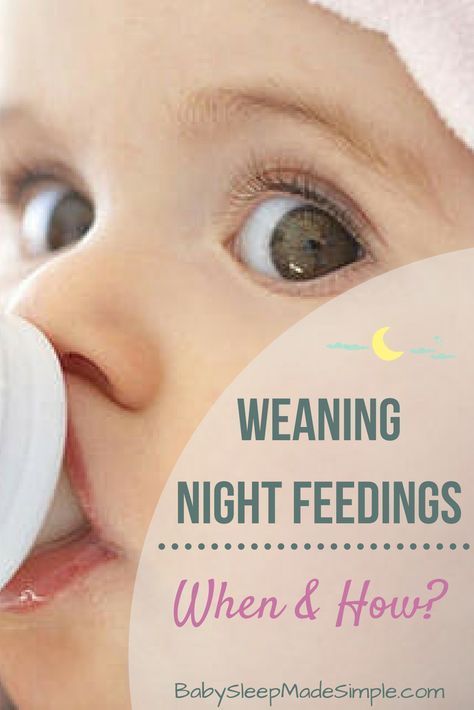 For children on breastfeeding, they are rather a necessity.
For children on breastfeeding, they are rather a necessity.
It is at night that the hormone prolactin is produced, which regulates the production of milk in the mother. If you do not feed your baby at night or leave such feedings too early, this will directly affect the amount of milk and, as a result, the development and growth of the baby.
It is believed that during weaning, night feedings are the last to stop. However, you can reduce the number of nightly attachments before the mother decides to complete breastfeeding. What can be done for this?
- If the mother practices co-sleeping, moving the baby to her crib will help reduce the number of nightly attachments. At first, you can put a baby bed with the side removed to the parent one and shift the baby after he falls asleep. Then the side rises, and the bed moves away.
- After a year, giving up or reducing the number of night feedings helps a hearty dinner and a bowl of water instead of breastfeeding at night.
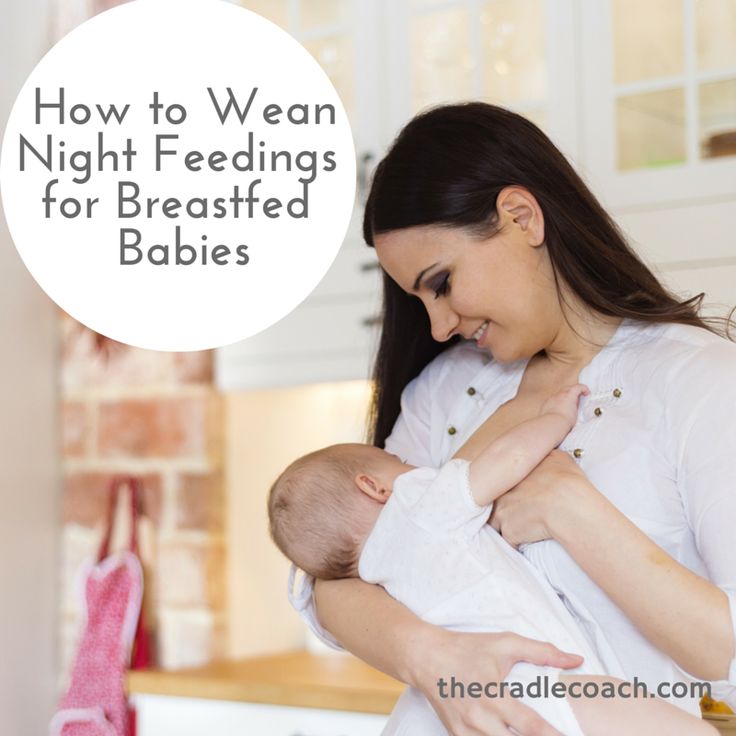 You can also give kefir or a mixture at night.
You can also give kefir or a mixture at night. - The number of nightly attachments is also affected by daytime feeding. If the mother cancels too many daytime attachments and severely restricts the baby, he can compensate for the lack at night. Therefore, if the mother does not plan to completely cancel breastfeeding, it is better to allow the toddler to apply during the day.
If the mother does not plan to stop breastfeeding in the near future, then it is better to postpone weaning from night feedings to a more suitable time for this and wait for the moment when the baby himself refuses nightly feedings. After a year, you can teach the child self-attachment. In this case, neither the baby nor the mother practically wakes up at night.
Read also What kind of breastfeeding is considered prolonged
FAQ
How many times does the child eat at night?
+
The number of night feedings depends on the age and type of feeding. Formula-fed babies wake up 2-3 times a night on average. Breastfed babies may wake up more often.
Formula-fed babies wake up 2-3 times a night on average. Breastfed babies may wake up more often.
When do children wake up at night?
+
The baby's brain is not adapted to a long night's sleep. This is believed to be an evolutionary mechanism that protects infants from sudden infant death syndrome. The child begins to sleep more than 6 hours in a row after a year, and all night - closer to three.
What can I do to stop my child from eating at night?
+
You can reduce the number of nightly feedings by moving the baby to a separate bed, starting to feed a denser dinner and gradually increasing the intervals between nightly attachments.
When should a baby be weaned?
+
The World Health Organization recommends breastfeeding or formula feeding until two years of age if it is comfortable for both mother and baby. If a woman decides to wean the baby from the breast earlier, you need to replace the breast mixture.
If a woman decides to wean the baby from the breast earlier, you need to replace the breast mixture.
Is it necessary to wean the baby from the breast if he does not sleep well?
+
Weaning does not guarantee that the baby will sleep through the night. For this to happen, his nervous system must mature. Weaning, especially through tears, can cause restless sleep and frequent waking.
Expert opinion
Night feedings are necessary for the normal growth and development of the child. On average, children self-refuse by the age of 9-24 months. However, this does not mean that the child stops waking up at night. The brain fully matures for this only at the age of 3 years. To wean a child from waking up at night, you need to feed him more densely before bedtime, move him to his crib and offer water at night instead of breast or formula.
We publish only verified information
Article author
Pruzhinin Mark Yulievich pediatrician
Experience 30 years
consultations 1572
articles 207
An experienced pediatrician with extensive experience and clinical experience in various medical organizations in the field of general pediatrics, resuscitation-anesthesology and neural infections.

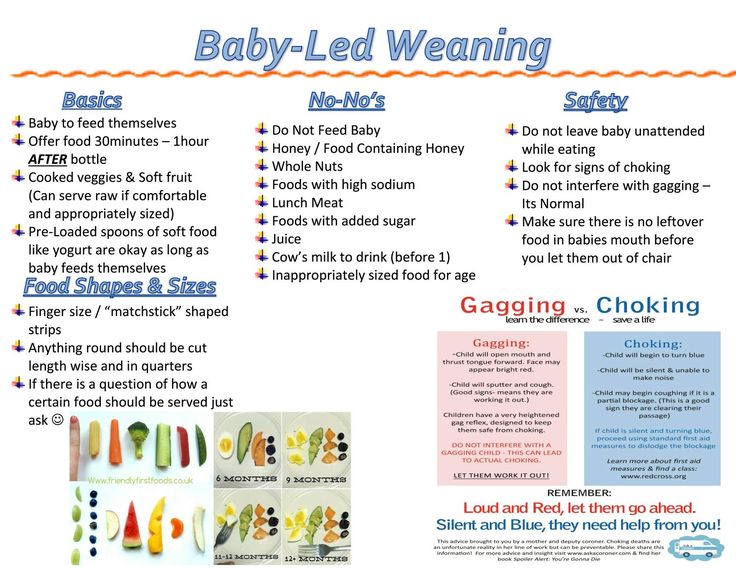 Age can vary from 9 to 24 months.
Age can vary from 9 to 24 months. 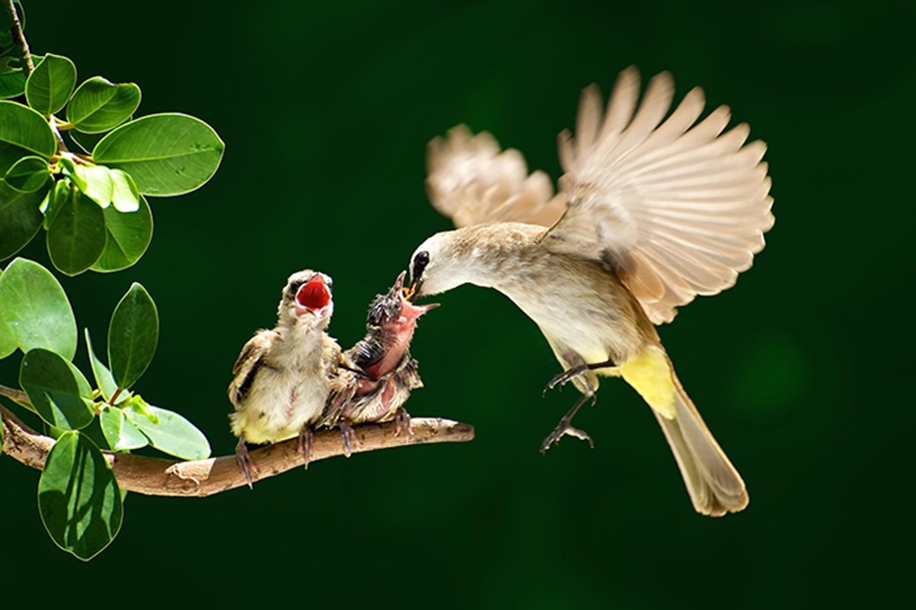

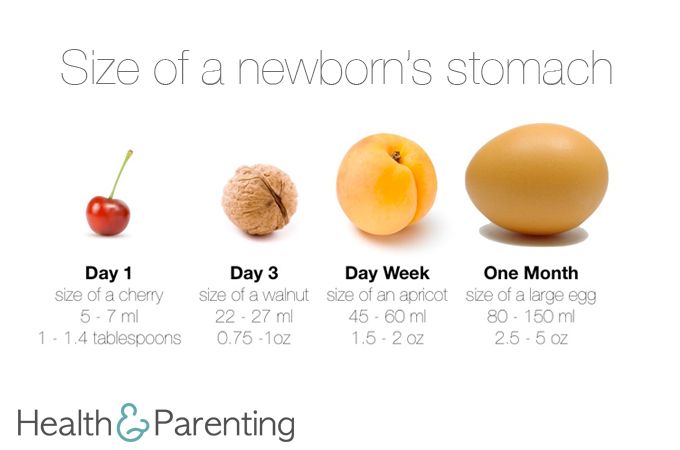

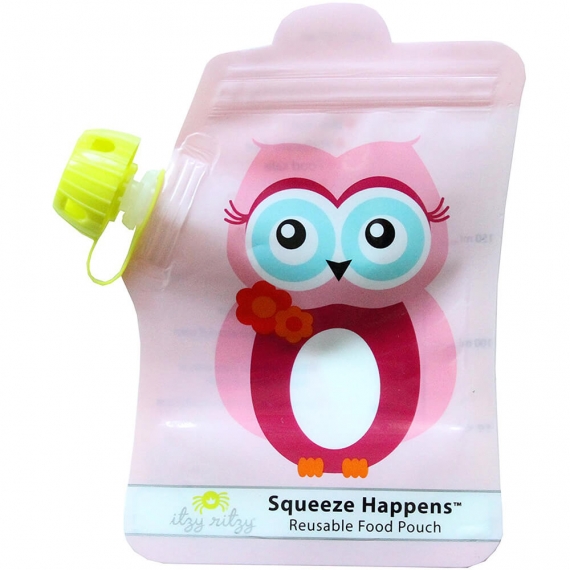

.jpg)
